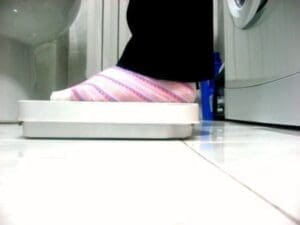How Much Do You Weigh? It All Depends on Who Lives in Your Gut

Recent studies published in Science Translational Medicine and in the Journal of Clinical Endocrinology & Metabolismpoint to the key role intestinal bacteria play in how easily people gain or lose weight, reports the New York Times.
According to the study appearing in Science Translational Medicine, individuals who’ve had gastric bypass surgery in order to aid in weight loss also saw a change in gut bacteria, “Earlier studies had shown that the microbiota of an obese person changed significantly after the surgery, becoming more like that of someone who was thin. But was the change from the surgery itself, or from the weight loss that followed the operation? And did the microbial change have any effects of its own?” Mice that underwent gastric bypass surgeries quickly saw shifts in microbial populations and when that bacteria was introduced to other mice (who did not have the procedure) they also lost weight as well.
The Times reports that the other study, appearing in the Journal of Clinical Endocrinology & Metabolism, tested the breath of nearly 800 overweight people in order to assist in diagnosing digestive disorders. The researchers looked for levels of hydrogen and methane in the breath samples, “The people with the highest readings on the breath test were more likely to be heavier and have more body fat, and the researchers suspect that the microbes may be at least partly responsible for their obesity.”
The presence of the bacteria Methanobrevibacter smithii was detected in those individuals most overweight. It’s an organism the researchers say played a more crucial role in helping our ancestors absorb more nutrients out of food, which might be scarce for days or weeks at a time. But the modern diet is much different, and the microbe may be making people gain weight more quickly as a result.
Keep in touch with Jill on Twitter @jillettinger
Image: the italian voice

